Affiliate links on Android Authority may earn us a commission. Learn more.
What to look for in a good budget phone
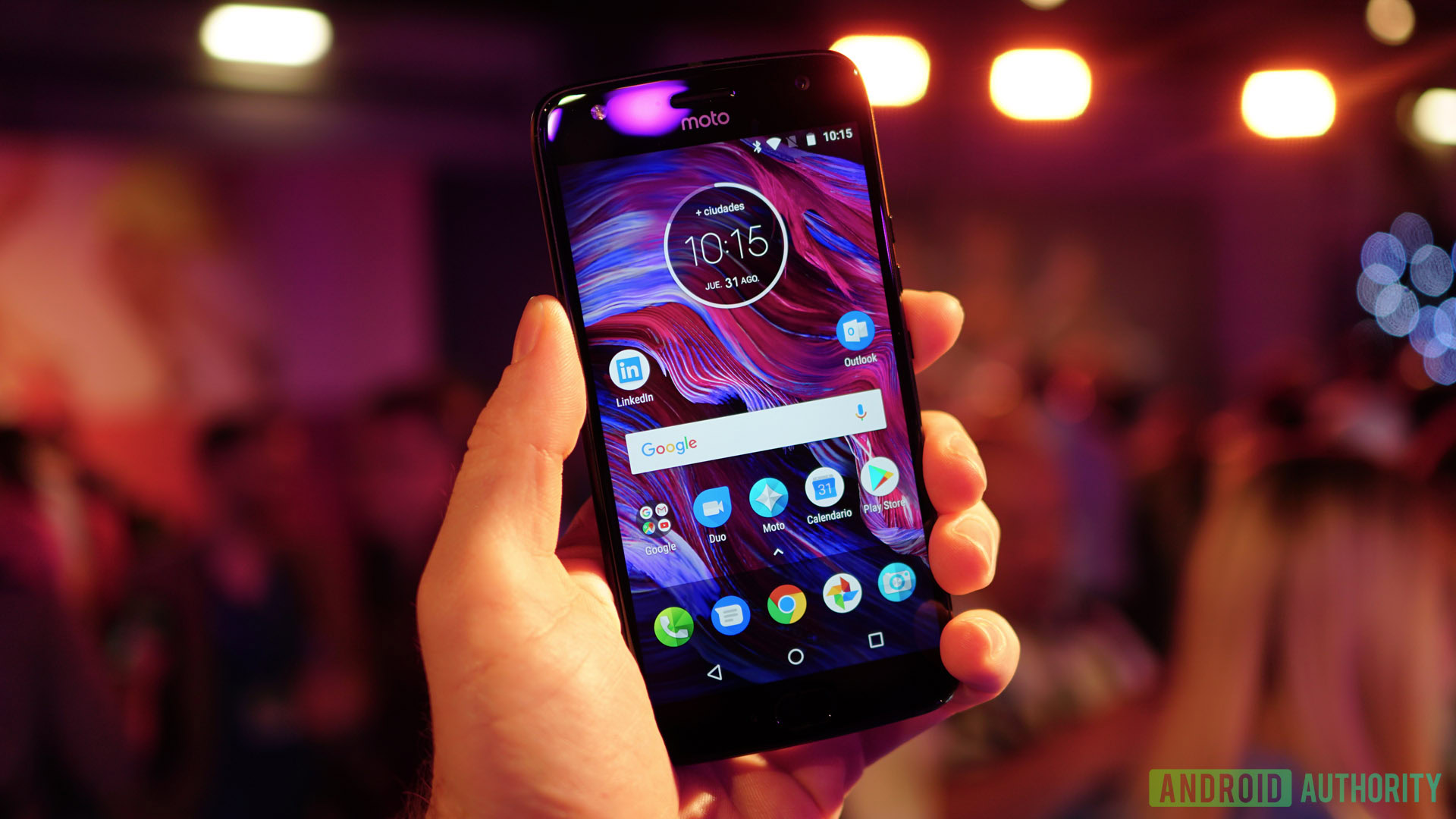
Buying a premium flagship phone isn’t easy. You’re basically looking for the best of everything, and manufacturers have different ideas of what that actually means.
In the world of budget phones, you face a new set of problems. In some ways, things are easier, because you know for a fact that best of everything is out of reach. Having reviewed a number of phones in the low to midrange spectrum, I wanted to give you an overview on what I have found in my quest for a good budget phone. Your mileage, and of course your taste, may vary.
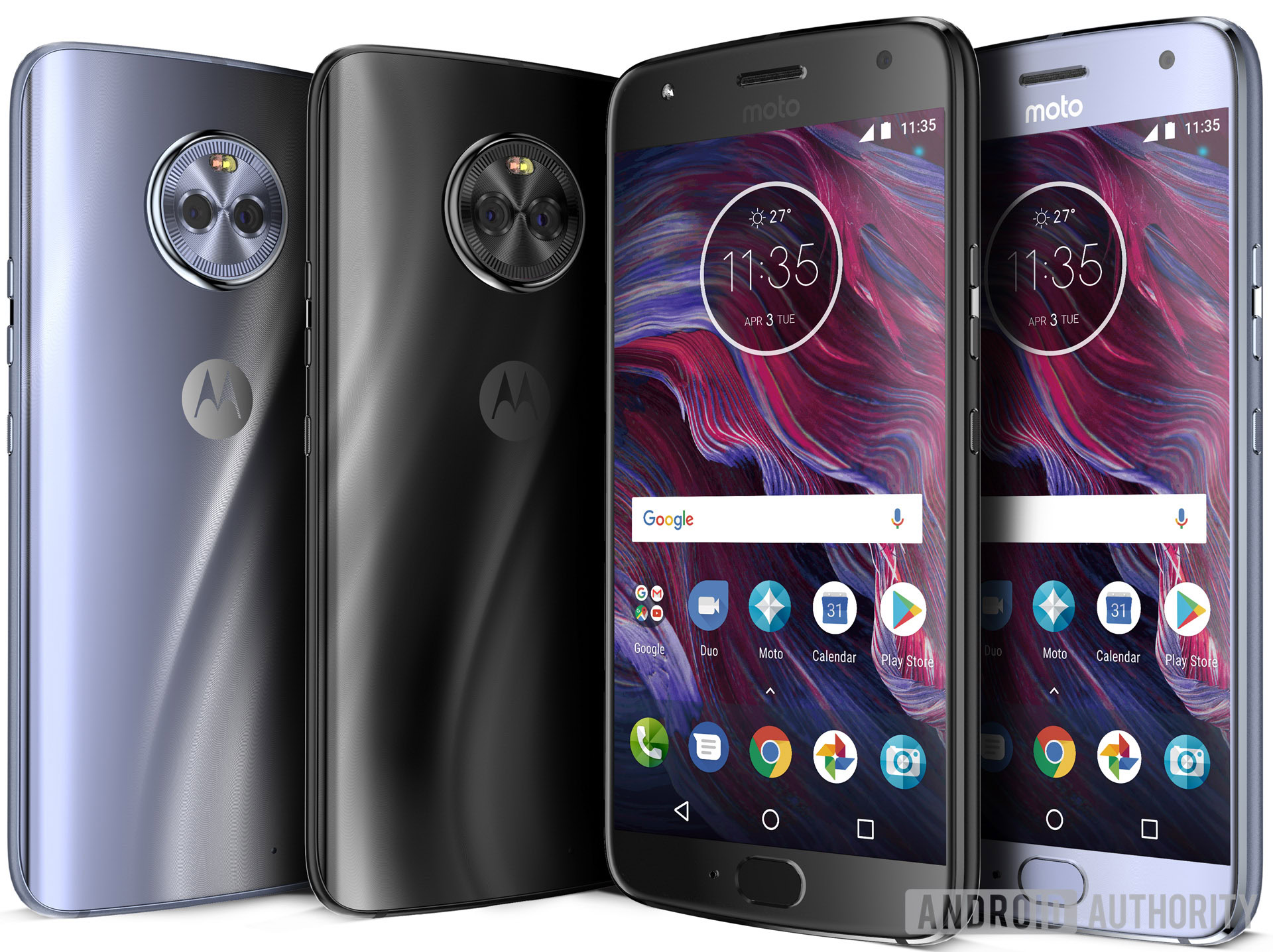
The RAM and processor
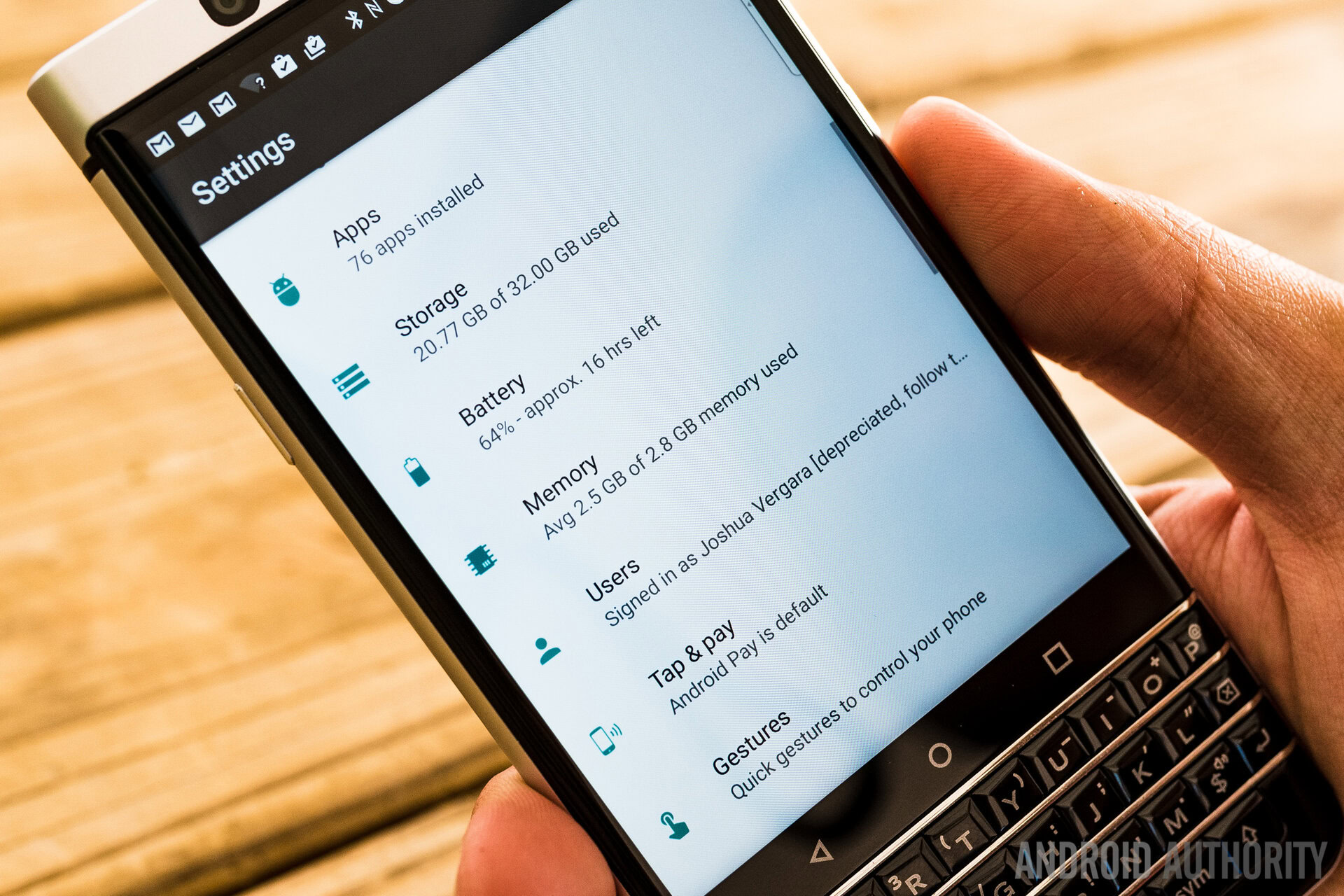
Today’s smartphones are more like computers than ever before.
RAM is one of the most important aspects of budget phones. Some folks will look at processor, and that’s fine, but in my experience, the RAM will make or break a phone. Fortunately, we’re living in a world where even the low-end phones are coming out with 2 GB of RAM. By today’s standards that is the very bare minimum a phone has to have to be useable. I have used phones with less, and it’s not pretty.
RAM is more important than processor because while the processor will largely determine how fast a task will complete, RAM determines how many tasks can be completed at once. Today’s smartphones are more like computers than ever before. Most phones are going to be performing a wide variety of tasks at any given time, and having less RAM to handle the heavy lifting very quickly brings your phone to a crawl.
That’s not to say that processors aren’t important. Shy away from quad-core processors where possible. There are plenty of options out there that utilize an Octa-core configuration. In terms of clock speed, I have actually used 1.3 GHz processors, and not hated myself for it. Of course, higher is better.
The screen
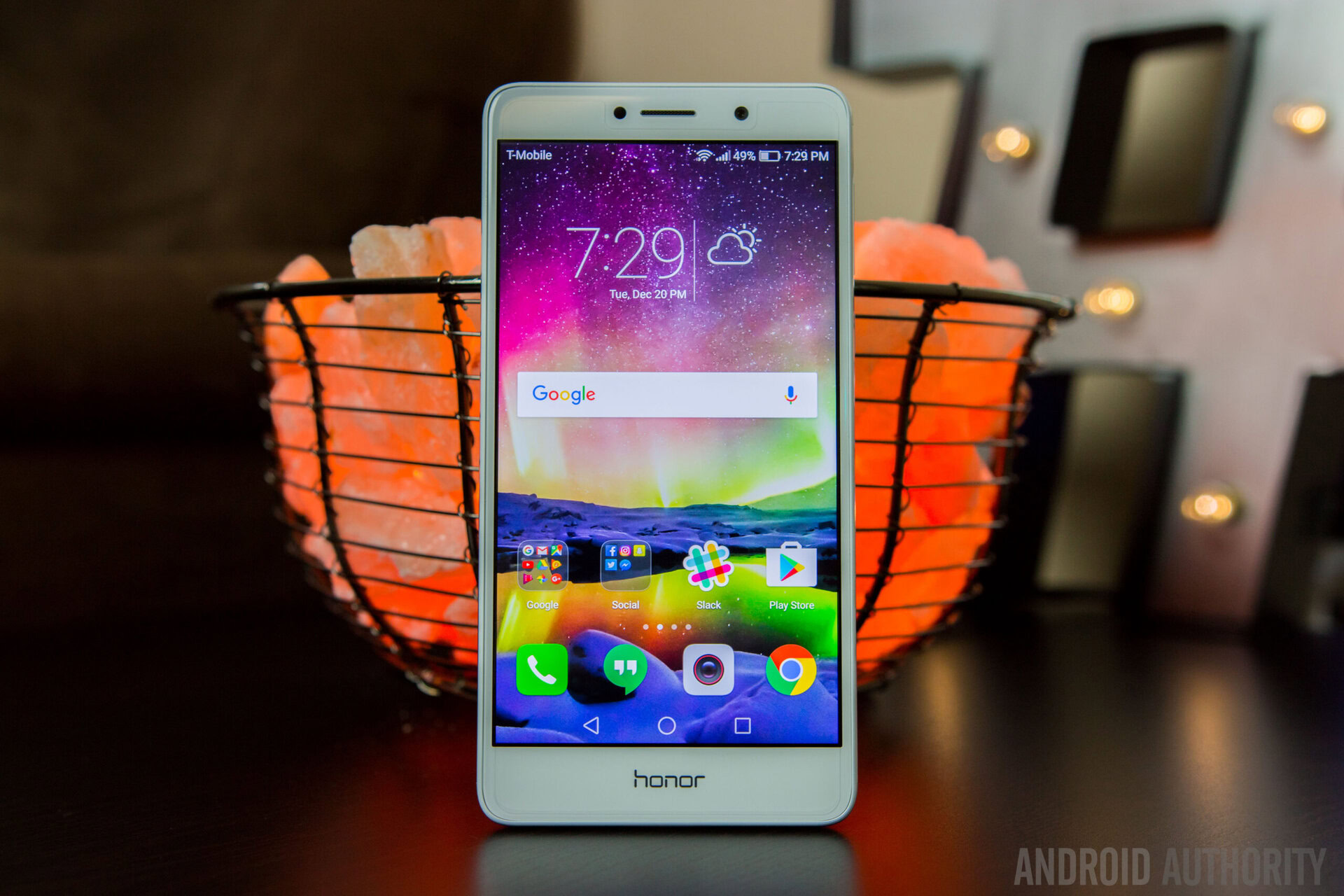
If you are living in a world of budget phones, you are living in a 1080p world. 1080p is so accessible in today’s phones, that accepting anything less than that, isn’t generally going to be required. Some low-end models like the Moto E do come with 720p panels, so this is worth watching out for. Depending on how high-quality you enjoy your videos, 1080p is probably the minimum standards you should be watching for.
Funnily enough, 1080p is also one of the easiest corners to cut. I’ve owned phones with 1080p panels, and those with Quad HD. There certainly is a difference, make no mistake. But a 1080p panel is right in that sweet spot of “good enough” to the point where it won’t ruin a phone experience. Of course, that is a highly subjective – and probably not entirely popular – point of view. But in my world, that’s where we are.
Camera
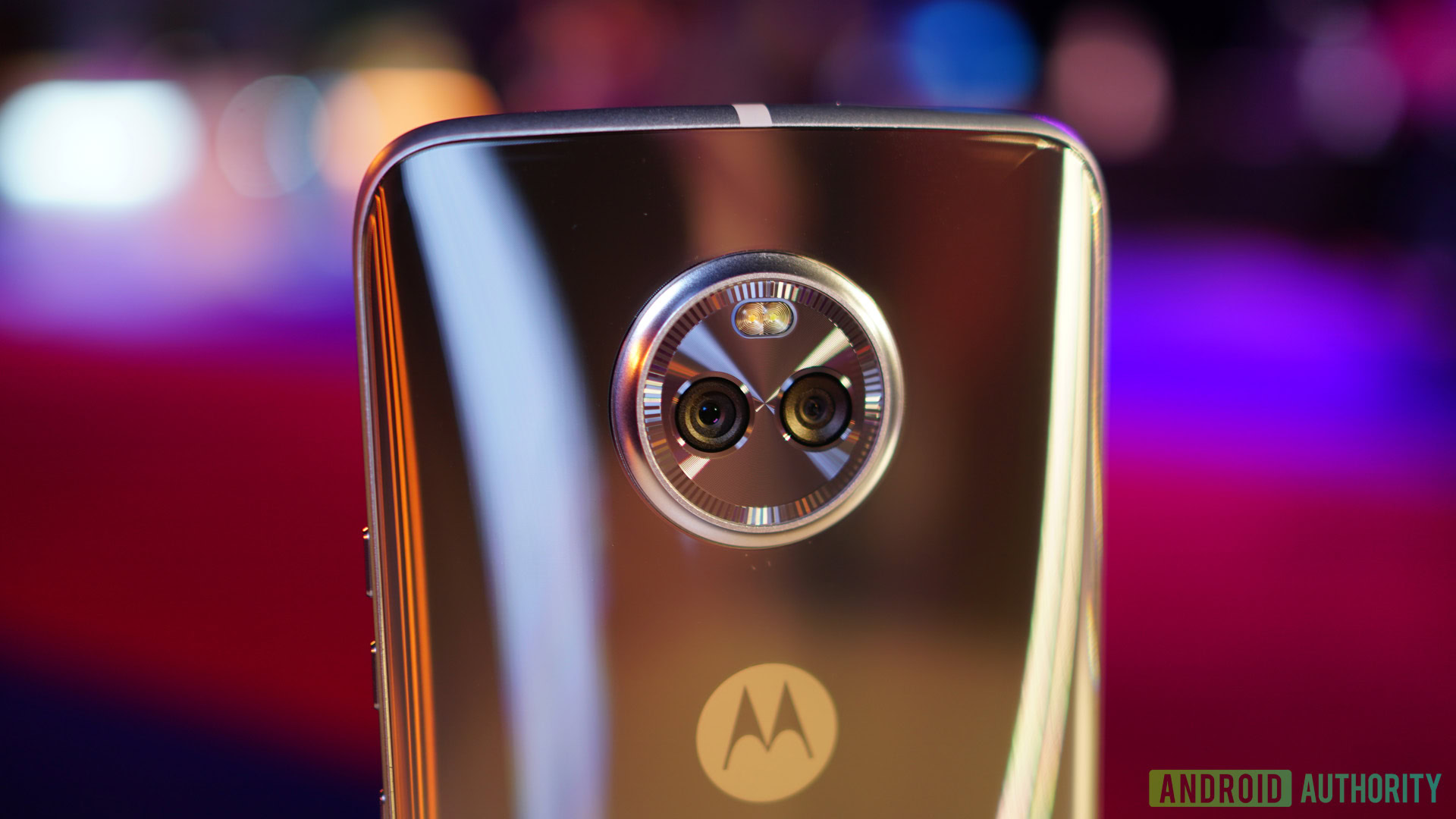
On most budget phones, the camera will be good under ideal circumstances.
One of the biggest trade-offs you will see in the world of budget vs premium phones, comes on the back of the phone. On most, if not all, low to mid-range phones that I have used, the camera quality – or lack thereof, is the one constant you’ll run into. Some midrange phones – like the HONOR 8 have had really great cameras, but if you venture below that, you’ll start to see quality drop off very quickly.
Most of the time, the camera will hover around the 12 MP neighborhood.
Do not go below that.
Megapixels aren’t the definitive factor in a camera, of course, but that should be your minimum threshold. On most budget phones, the camera will be good under ideal circumstances. How a camera reacts when things are not ideal will determine your overall experience. If your subject is moving or if lighting is sub-optimal (not outside on a sunny day) you will probably have problems.
If you can manage a dual camera setup, like on the Moto X4, great. If you can find a phone with optical image stabilization that falls within your budget, even better.
Build
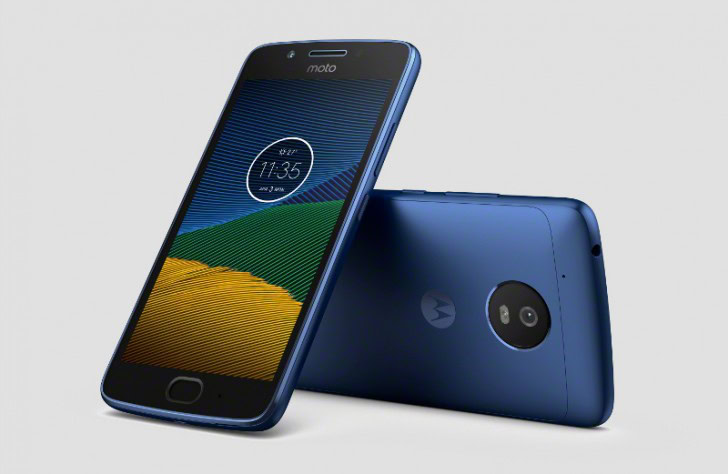
Putting together a budget-friendly phone is generally straight forward – use as much plastic as you can. Plastic is hella-cheap and cheap feeling, but it’s also a pretty good material to use for a phone. It’s somewhat durable and can generally survive a fall or three. If you’re planning to throw your phone in a case, then this probably isn’t a big issue for you. Occasionally, a midrange phone OEM will throw in some aluminum rails which is nice. Generally, you won’t find anything better than Gorilla Glass 3 covering the screen, so anything you can find over that is an upgrade.
In a world of glass sandwiches and aluminum designs, plastic will stand out like a sore thumb. If you can find a phone that fits your budget that isn’t built out of plastic, then good for you. Otherwise, prepare yourself for the plastic revolution – or a case.
Battery
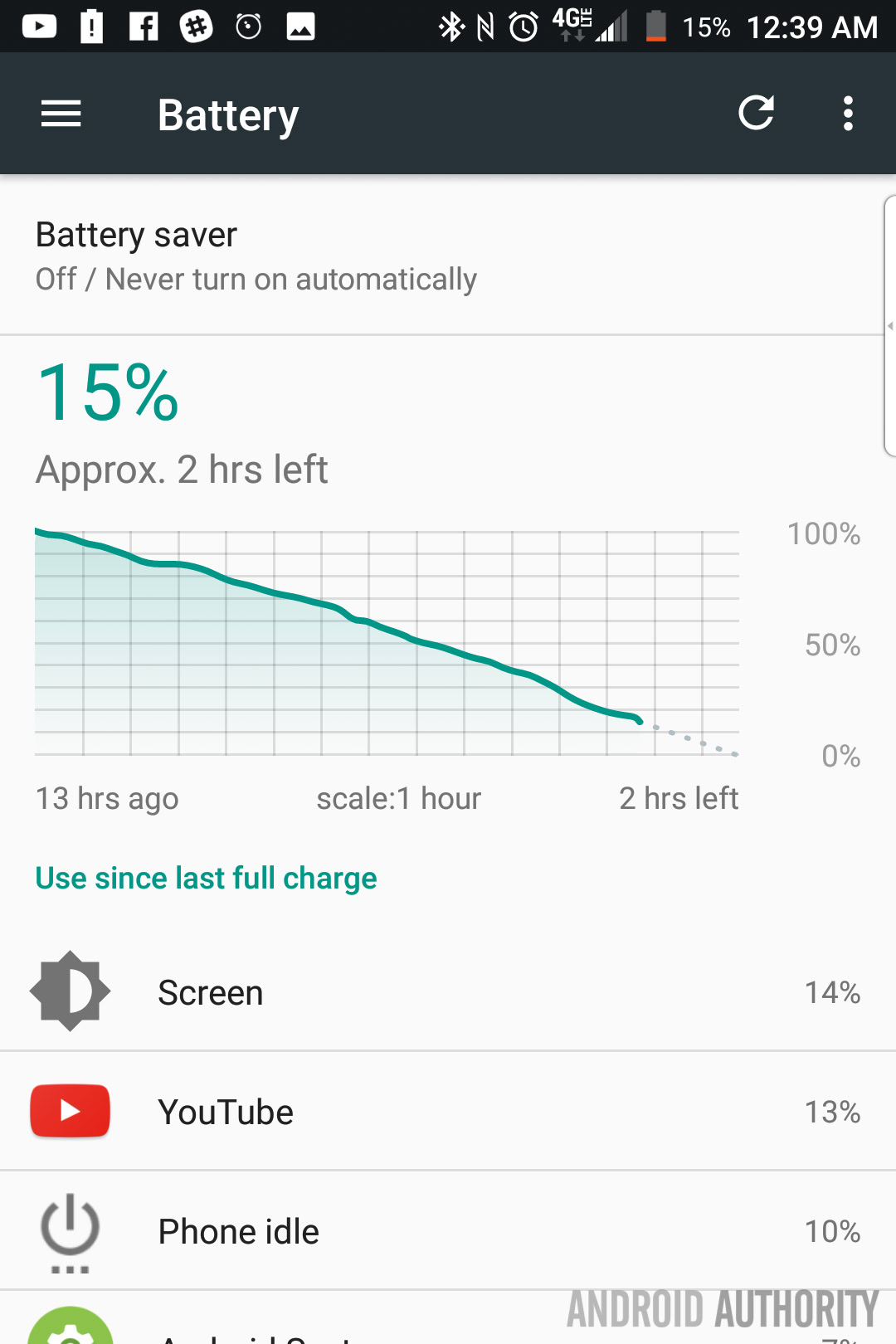
...if you’re cutting corners, you may as well have something to brag about at parties...
One of the nicer things about budget phones is usually the battery. Budget phones tend to not use a lot of juice. Often, the processors are underpowered. Plus, most users of budget phones realize the restrictions they’re working under and tend to push phones less. Some budget phones will even push the battery to ridiculous areas, carrying 5,000 mAh or more in their packs. Those phones will get almost three days of life on a single charge.
Batteries add bulk to phones, which is something that premium phones are trying to shed, for some stupid reason (different editorial). So, budget phone makers will take that bulk and run with it, allowing concepts that are unthinkable in the higher end phones. Such as removable batteries, or just bigger batteries. If you are shopping for a budget phone, I recommend you take advantage of this and go as big as you can. I wouldn’t consider anything below 3,000 mAh. After all, if you’re cutting corners, you may as well have something to brag about at parties. Two-day battery life can be that thing.
Wrapping up
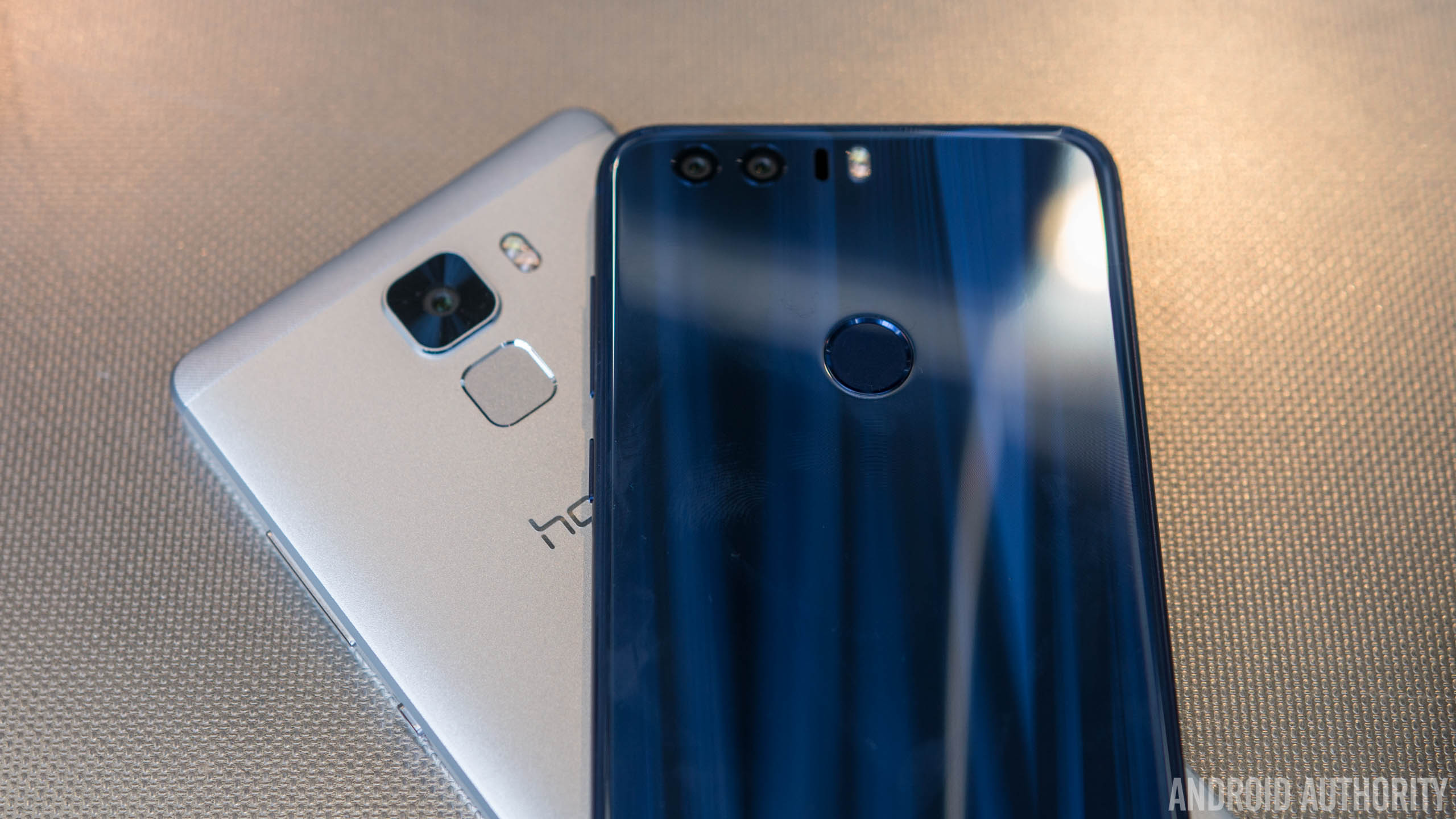
When you’re trying to buy a phone on a budget, you’re going to have to make compromises and decide what’s important to you. Personally, I value camera quality and battery life. The latter is great in budget phones, the former – not so much. I’m a budget phone kind of guy except for that camera issue. But I also carry a DSLR around with me when I’m going to want to capture important memories.
What’s most important to you? What do you look for in a budget phone? What’s your typical target price range when considering a new phone? Sound off below and the comments and let’s start a conversation about what works for you.
Thank you for being part of our community. Read our Comment Policy before posting.